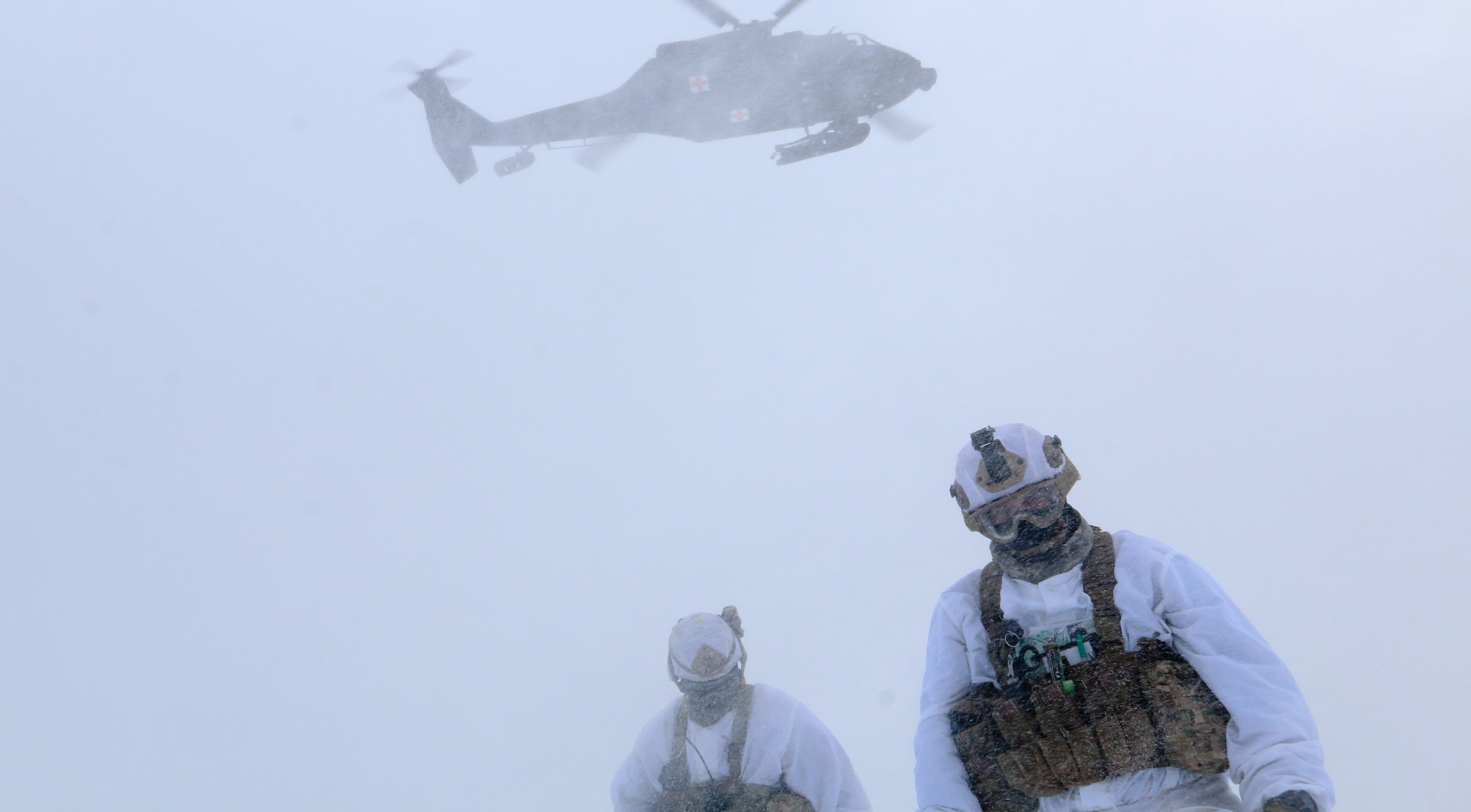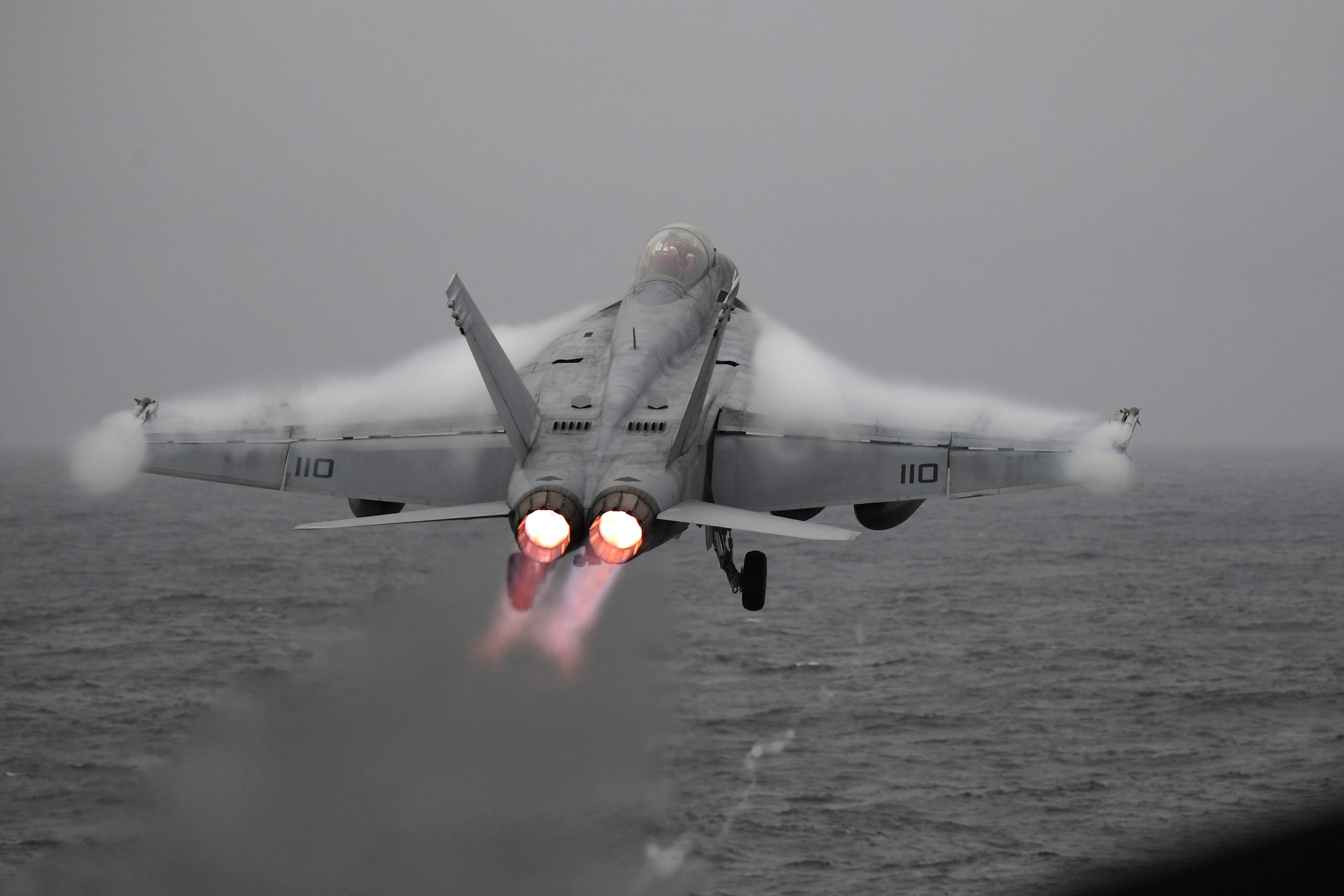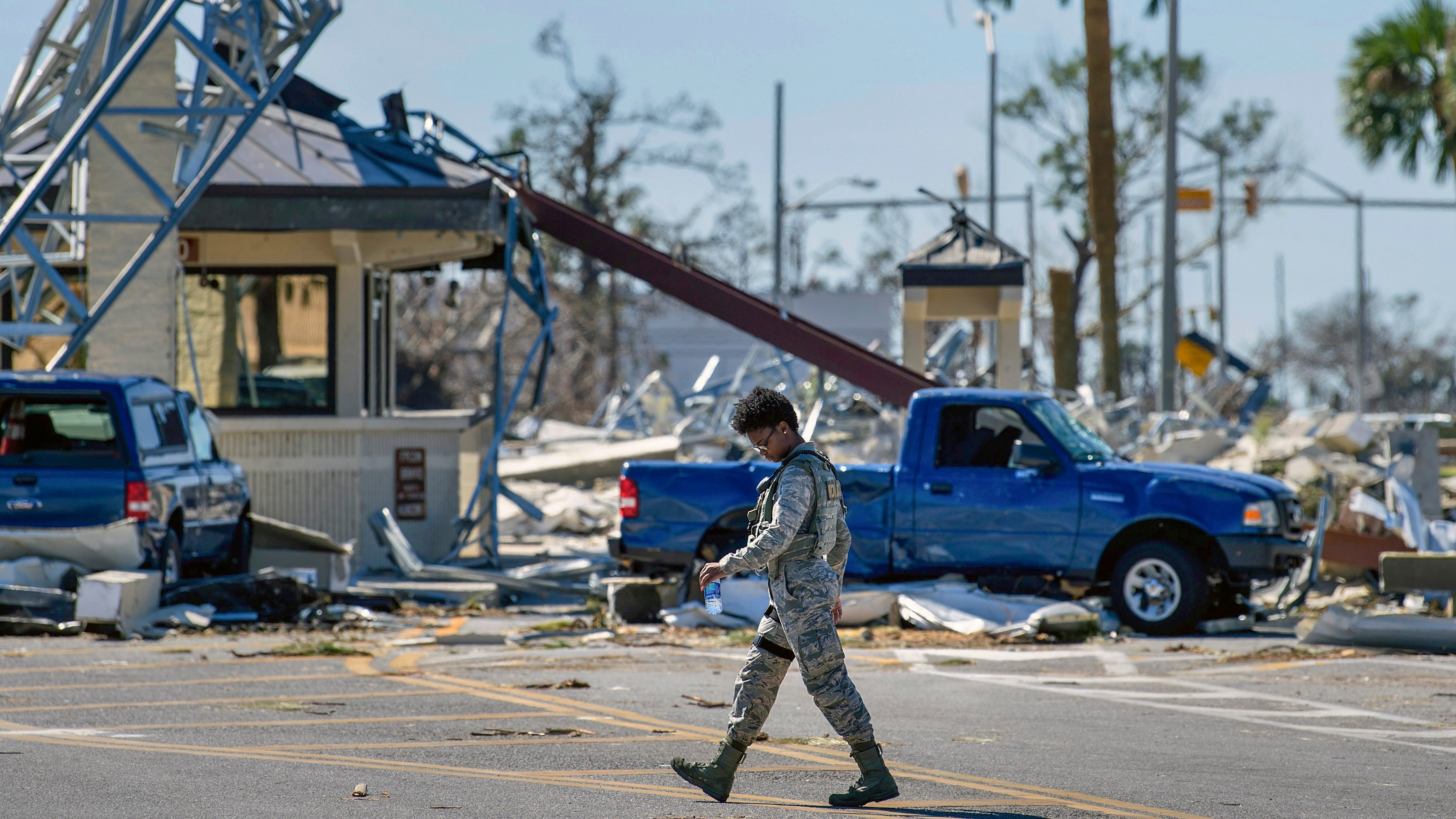ROVANIEMI, Finland — The Trump administration warned China and Russia on Monday that the U.S. won’t stand for aggressive moves in the Arctic region, which is rapidly opening up to development and commerce as temperatures warm and sea ice melts.
U.S. Secretary of State Mike Pompeo said in a speech in Finland that the U.S. will compete for influence in the Arctic and counter attempts to make it the strategic preserve of any one or two nations. He said the rule of law must prevail for the Arctic to remain peaceful, and he criticized China and Russia for what he said were coercive practices that would destabilize the “high North” if allowed.
Critics were likely to seize on the speech for being short on scientific specifics, not using the phrase “climate change,” offering no ideas on mitigating its effects and focusing almost entirely on how to responsibly tap the Arctic in an era of fierce global rivalries.
“The region has become an arena of global power and competition and the eight Arctic states must adapt to this new future,” Pompeo said, one day before he participates in a meeting of foreign ministers from the Arctic Council.
He said that group had once been able to focus solely on scientific, environmental and cultural issues, but profound changes in the Arctic’s environment and strategic rivalries made that extremely difficult now.
“We’re entering a new age of strategic engagement in the Arctic, complete with new threats to Arctic interests and its real estate,” Pompeo said.
RELATED

For the U.S., he said that means boosting America’s security and diplomatic presence with new military exercises, icebreakers and expanded Coast Guard operations.
Pompeo took particular aim at China, which, unlike Russia, does not have any territory or claim in the Arctic but holds observer status in the council.
He said China's attempts to inject itself into the region's affairs by pushing infrastructure projects and commercial investments must be checked. He rejected China's assertion that it is a "near-Arctic nation."
“There are only Arctic states and non-Arctic states,” he said. “No third category exists — and claiming otherwise entitles China to exactly nothing.”
Pompeo said responsible Chinese investment is welcome in the Arctic but that China’s history of what he called predatory activities elsewhere are cause for concern.
“China’s pattern of aggressive behavior elsewhere will inform how it treats the Arctic,” he said. Pompeo noted China’s increasing assertiveness in the South China Sea, which has alarmed many of its smaller neighbors. “Do we want the Arctic Ocean to transform into a new South China Sea, fraught with militarization and competing territorial claims?” he asked.
China’s special representative for Arctic affairs, Gao Feng, who is at the council meeting, dismissed Pompeo’s warnings and said countries should be free do deal with China as they wish.
“He says it’s a new era. OK, competition. Let’s see who can get more friends,” Gao told reporters after Pompeo’s speech. “On the one hand, he can warn. How people react to that is another matter.”
Pompeo also warned that Russia’s intentions in the Arctic, where it has embarked on a massive military expansion campaign, may prove destabilizing given its record.
“We know Russian territorial ambitions can turn violent,” he said, pointing to the conflict in eastern Ukraine. “Just because the Arctic is a place of wilderness does not mean it should become a place of lawlessness.”
RELATED

Despite Pompeo’s warnings and defense of U.S. positions, many council members and observers are equally alarmed by the Trump administration’s environmental policies and skepticism of climate change. Many of those critics fear the administration is intent on using Arctic resources with no thought for its consequences or mitigation.
“The Arctic is changing fast. Global warming will change the environmental and economic landscapes of the region. New sea routes and easier access to natural resources will become a reality,” Finnish Foreign Minister Timo Soini said. One-third of Finland sits above the Arctic Circle.
“But climate change will go even further. It may impact the inter-state relations and security in our region. The Arctic countries have a special responsibility — and a possibility — to preserve the Arctic as a region of peace and stability,” Soini said. Finland has spent its two-year chairmanship of the council focused on addressing climate change effects.
RELATED

Pompeo’s speech, which ran to 2,400 words, failed to mention “climate change.” He spoke of “steady reductions in sea ice” but did not address the cause, focusing instead on the opportunity those reductions present. “Arctic sea lanes could become the 21st century’s Suez and Panama Canals,” he said.
He called the Arctic “a frontier of opportunity and abundance” with untouched oil and gas reserves, unmined uranium, raw earth minerals, precious metals and gems.
Pompeo sought to assuage environmental concerns by committing to safe and responsible development.
And he pointed to the U.S. record on reducing greenhouse gas emissions despite President Donald Trump’s decision to withdraw from the Paris climate accord. Critics argue that those reductions are the result of policies enacted before Trump took office and could be reversed.
Associated Press writer Jari Tanner in Helsinki contributed to this report.





